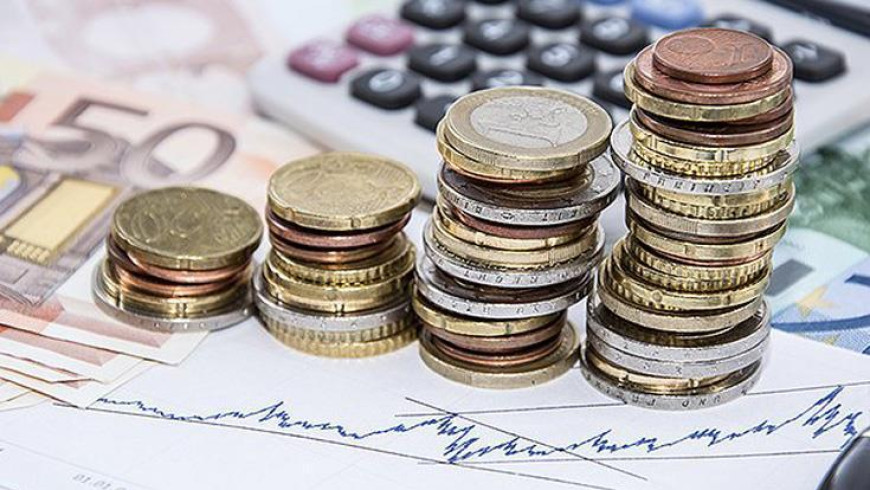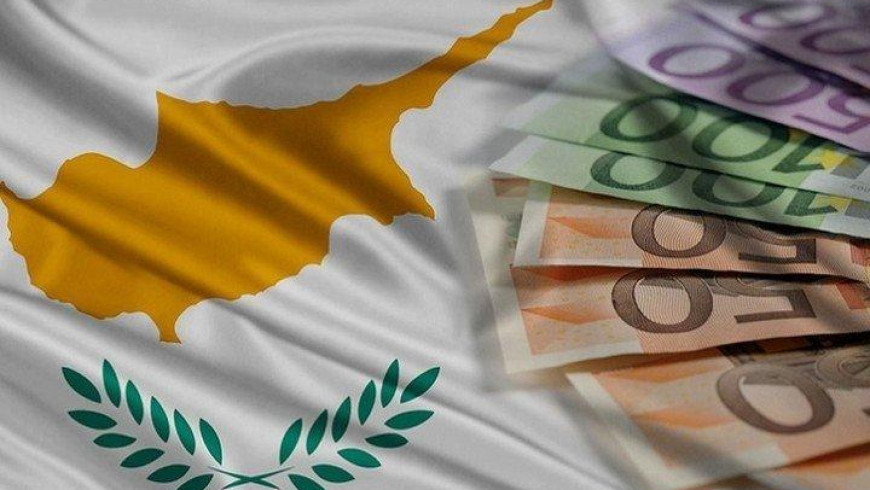
The Cypriot economy continues to record considerable growth, demonstrating resilience and dynamism in a global economic environment full of challenges, Governor of the Central Bank of Cyprus (CBC), Christodoulos Patsalides says in his introduction in the June 2024 Economic Bulletin published on Monday by the CBC.
The Governor says that during the first quarter of 2024, the growth rate exceeded forecasts, while unemployment fell to 6%, the lowest level since 2009. Domestic inflation fell to 2.2% in the first five months of the year, close to the ECB's medium-term target of 2%, marking a noticeable improvement compared to 5.4% in the corresponding five months of the previous year. In addition, he notes that fiscal surplus in 2023 recorded the highest performance since 2007.
The Governor says that the recent upgrades of Cyprus's credit ratings by rating agencies confirm the upward trajectory of the economy and that in their evaluations, the agencies note the improvement in fiscal sizes, strong economic growth and the robustness of the Cyprus banking system. The positive performance of the Cyprus economy is also recorded in the recent reports of the International Monetary Fund and the European Commission, he adds.
The Governor of the CBC adds that according to the latest available data, the Gross Domestic Product (GDP) recorded a higher-than-expected annual growth in the first quarter of 2024, reaching 3.5%. This reflects, among other things, the gradual normalization of the economic impact from the ongoing sanctions against Russia and the limited consequences from the conflict in the Middle East, he notes.
GDP growth for 2024 is expected to reach 3%, compared to 2.5% in 2023, and is expected to come mainly from investment and private consumption.
In 2025 and 2026 GDP growth will rise to 3.1% and 3.2%, respectively according to estimates of the CBC.
For the entire 2024-2026 period, projected GDP growth is mainly driven by domestic demand, which will be supported by an increase in real household available income, due to an expected decline in inflation, rising wages and labor market resilience.
Based on the CBC's revised June 2024 forecasts, Harmonised index of consumer prices (HICP) is expected to be 2.1% in 2024, compared to 3.9% in 2023.
The Governor points out that in 2025 and 2026, a further reduction of the HICP is foreseen to 1.9% and 1.8%, respectively. The projected course of the HICP is expected to strengthen the purchasing power of citizens and at the same time create a more favorable environment for businesses and economic development, he says.
In his concluding remarks, he notes that the Cypriot economy remains strong and competitive, thanks to the continuous upgrading of the service sector, the attraction of foreign investments, the support of small and medium-sized enterprises, the prudent fiscal course and the evolutionary progress recorded in the banking system.
"To ensure a stable and flexible growth path, it is necessary to continue the structural changes of the Recovery and Resilience Plan, which include the digitization of public administration, the improvement of the education system and the promotion of green growth. These reforms will strengthen competitiveness, will create new jobs and ensure sustainable development for future generations" the Governor concludes.
Meanwhile, in the summary of the Bulletin it is stated that in the first quarter of 2024, the Cypriot economy recorded a higher-than-expected annual growth rate of 3.5% of GDP, demonstrating resilience and flexibility to negative external factors.
It says that in the first quarter of 2024, domestic inflation continued its decrease on an annual basis. In April 2024, inflation was at 2.1%, while inflation excluding energy and food prices was at 1.8%.
Regarding house prices, they recorded an annual increase of 7.8% in the first quarter of 2024, slowing slightly compared to the previous quarter. In addition, labor market continues to show resilience despite geopolitical tensions.
In the first quarter of the year a fiscal surplus was recorded of 1.8% of GDP compared to a surplus of 1.3% of GDP in the corresponding quarter of 2023.
Concluding, it notes that a decrease in the public debt-to-GDP ratio was recorded in March 2024 compared to the corresponding last year due to the continued recovery of the economy and the relatively high primary surplus.














 3287.99
3287.99 1275.09
1275.09
